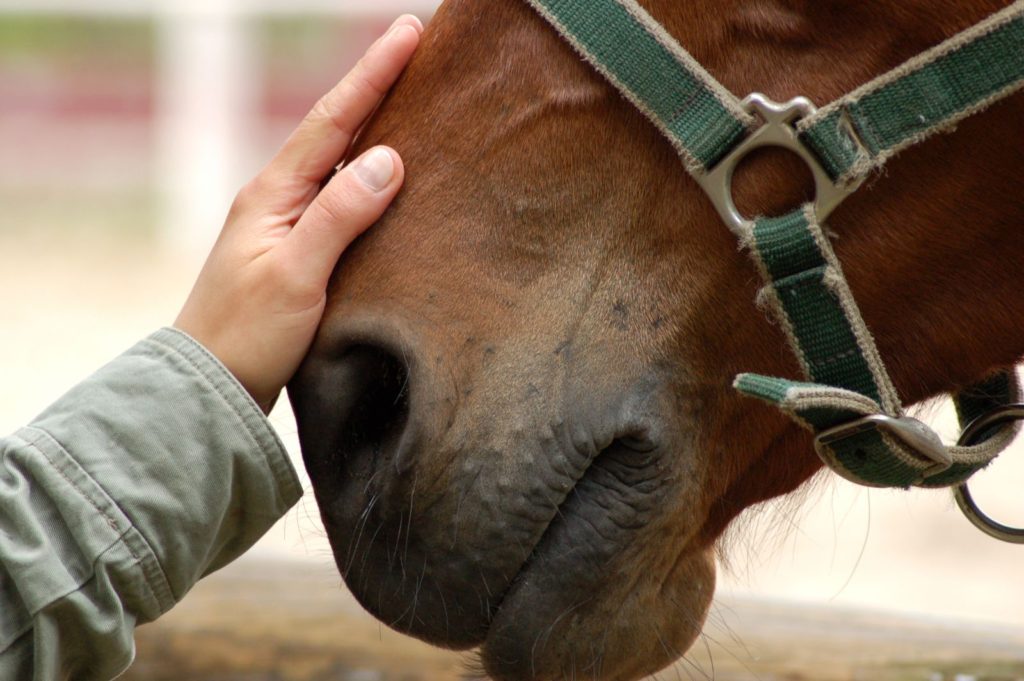Friday, April 22, 2016
Pourquoi devriez-vous surveiller la fréquence cardiaque de votre cheval à l’entraînement ? Seaver vous répond.

On utilise la mesure de la fréquence cardiaque dans la quasi-totalité des sports. Pourtant, ce procédé peine à se démocratiser dans le monde équestre. Constat qui se fait notamment au sein du niveau amateur ; et ce malgré la preuve de son utilité quant au suivi de la santé du cheval et de ses performances.
En effet, la pratique ne devrait pas être réservée qu’aux chevaux de courses et d’endurance. Car quand on sait bien l’utiliser, la mesure de la fréquence cardiaque peut nous apporter de précieuses informations.
Au repos, le rythme de fréquence cardiaque est d’environ 30 à 44 battements par minute. Et le tempérament ou encore la taille du cheval peuvent l’influencer. À l’effort, la fréquence cardiaque, en tant que donnée brute, peine à nous fournir les informations dont nous avons besoin. Il faut savoir qu’on ne peut améliorer la fréquence cardiaque d’un cheval qu’en l’entraînant.
C’est pourquoi, nous avons développé un ensemble de calculs, simplifiés en une seule vue sur notre application qui vous permettront de mesurer l’intensité de votre exercice, en différenciant les instants où vous avez simplement brulé des calories, les moments de travail où vous avez amélioré le cardio de votre cheval et les moments ou vous l’avez travaillé à haute intensité.
De plus, étudier la variabilité de la fréquence cardiaque de votre cheval par rapport à certaines données telles que la vitesse moyenne au galop, vous permettra de savoir si votre cheval est en bonne ou mauvaise condition à un moment donné. Grâce à une présentation simplifiée des données sur notre application, vous pourrez savoir s’il faut encore améliorer la condition physique de votre cheval, avant un concours par exemple.
Enfin, une forte variabilité de la fréquence cardiaque pour un même exercice peut être synonyme d’un début d’oedème, abcès ou autres anomalies. Notre application va vous le notifier afin que vous puissiez appeler votre vétérinaire et traiter le problème en amont.
The Seaver team